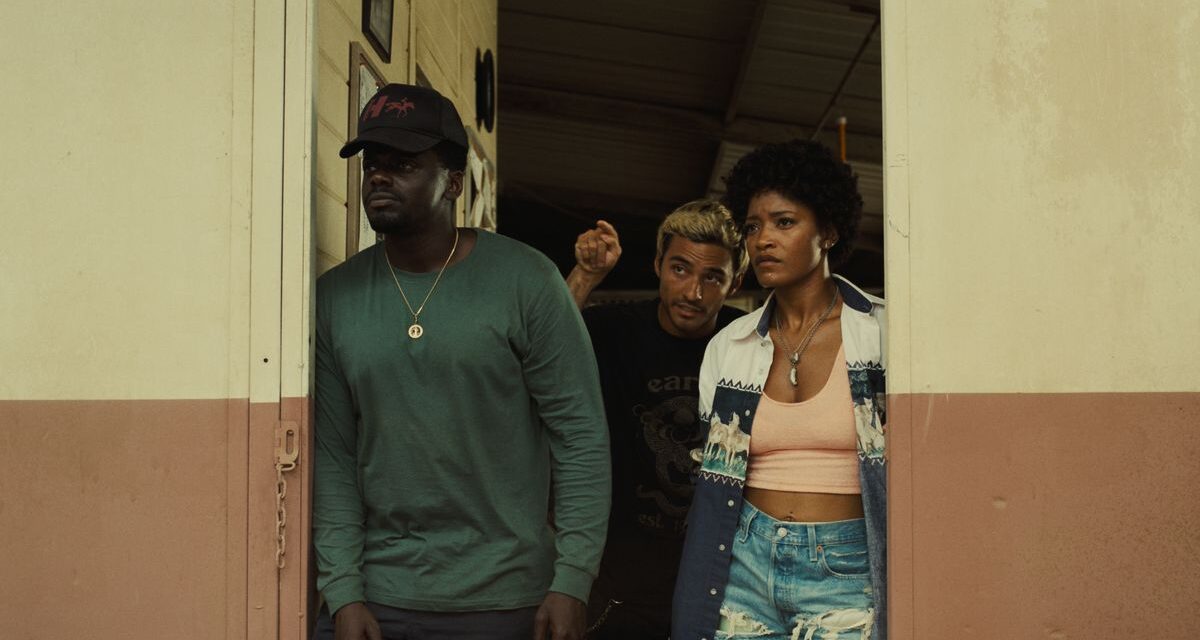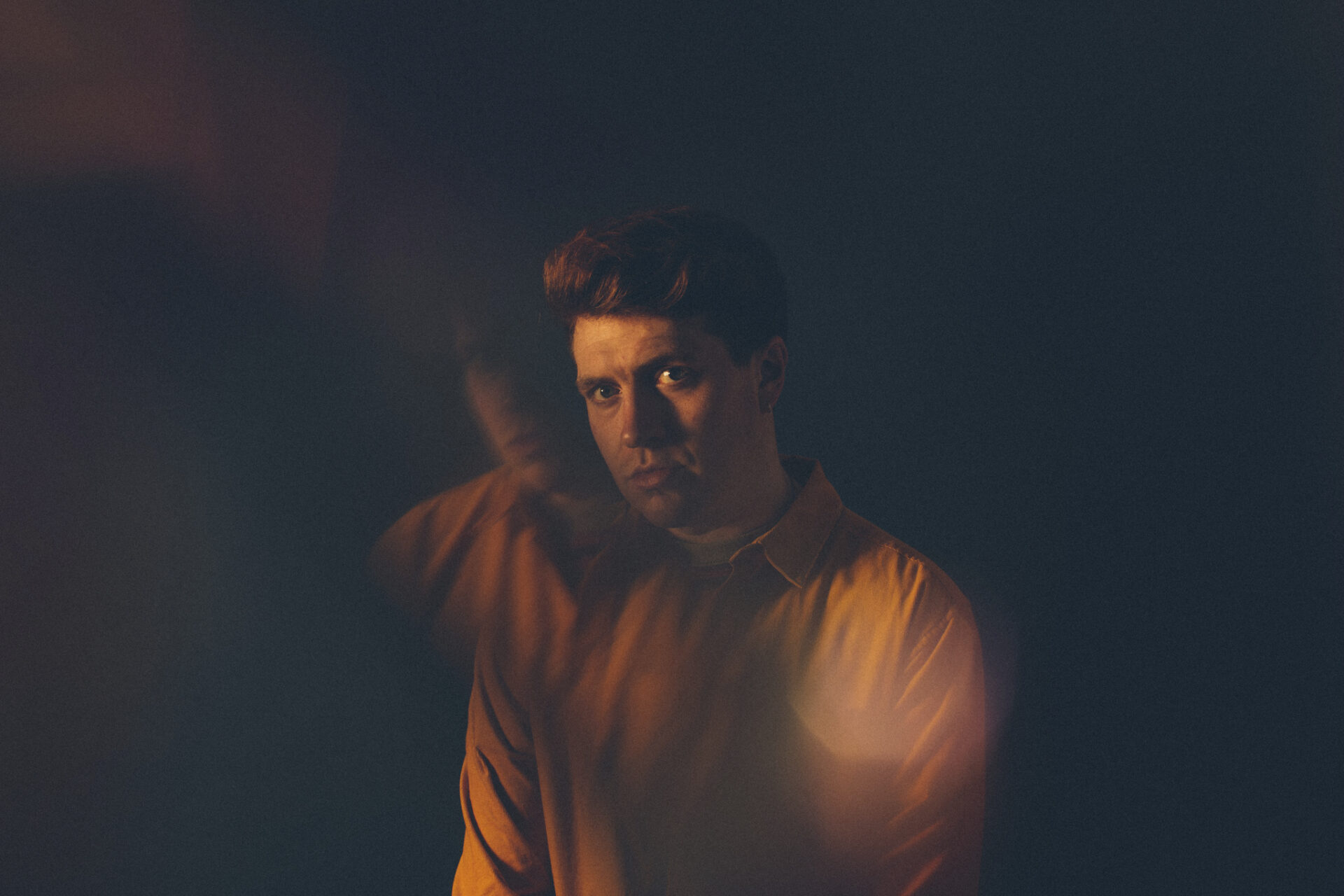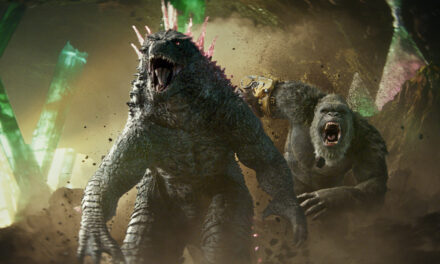Humans are on top of the food chain, but we have a fascination with situations dwarfing that notion. It may be a great white shark terrorizing a New England beach town or indulging in the possibility of extraterrestrial life on other planets. The sea and air are examples of terrain where the playing field becomes even. In terms of cinema, it’s fertile ground for narratives that both terrify and excite us. Nope, director Jordan Peele’s third feature strives to check all the boxes films like 1975’s Jaws and 1977’s Close Encounters of the Third Kind did regarding how influential they felt in scope. Peele strives to capture the anticipatory feelings of wonder, and danger like classic sci-fi suspense films have.
Otis Haywood Jr, or O.J. (Daniel Kaluuya), runs a family ranch in California inherited from his father, Otis (Keith David). Unfortunately, Otis passes away during a freak accident involving sudden debris falling from the sky. The police determine that this was a freak, random occurrence, but O.J. thinks there may be something else to it. Haywood’s Hollywood Horses has a rich history as the only Black operated ranch in Hollywood. It’s fallen into money troubles, and O.J. might be looking to sell the business.
In contrast to O.J.’s reserved, focused demeanor is his sister Emerald (Keke Palmer), an energetic, creative aficionado looking for her big break. While they try to reconnect, strange things happen. During the evening, horses break out of the barn with no explanation. There’s a cloud that remains stationary, small tornado-like funnels, and a flying saucer-like object moving freely throughout the sky like it’s waiting for something. Like many handheld cameras capturing light sequences and patterns, everybody wants to make a discovery — the big one. Emerald gets the idea of capturing what she describes as the “Oprah shot” of what they think is an authentic UFO.
Sounds easy, right? Take a few snaps, go to an outlet of choice, and soon, you’ll be rolling in money. If you’ve seen any blockbuster spectacle film, one can deduce it will not be that easy. Peele shows his affinity for Spielberg-like storytelling through Nope‘s characterization and style. Kaluuya and Palmer bounce off each other’s varying emotions, and the bond deepens as the runtime continues. Tech salesman and friend seeker Angel Torres (Brandon Perea) comes into the fold to provide much-needed surveillance equipment. Soon after, a stylistic, low-voiced cinematographer, Antlers Holst (Michael Wincott), offers his services to the group.
From an overall visual perspective, Nope excels to its fullest potential. Hoyte van Hoytema’s flair and Peele work together to make a singular flying object feel menacing during the day and nightfall. The desert and mountains feel like a living painting — a push and pull between sudden carnage and the beautiful dance of nature. There are instances throughout the two-hour-plus runtime where the film will enchant you to what’s going on with skillful precision.
When you make a socially conscious, heavy narrative like Get Out, that expectation (perhaps unfairly) sticks to you. Nope carries a message with it, trying to live neatly within the largeness of the main story. M. Night Shymalan earned the same thoughts concerning his “twist” endings. Ricky “Jupe” Park (Steven Yeun) is a former child star who runs a western-style theme park named Jupiter’s Claim. One of his big breaks came from a show called Gordy’s House’ — a sitcom centered on a young chimp whose human co-stars play off of. A terrible incident drastically changes the sitcom and Ricky’s life during the taping of one episode. Now, an older Ricky does a show, promising a spectacle in a P. T. Barnum-like way.
The word spectacle is emphasized with a bible scripture that flashes during the opening credits. Nope certainly has some things to say concerning modern society’s insatiable need to be seen and first over everything. This could be despite trying to speak predatory dominion over things we don’t quite understand. Peele tries to tie all the characters’ motivations together in a way this comes together. However, Ricky’s side plot could very well be its film in its own right. There are interesting story beats present that should create discussion on subsequent watches.
That said, sometimes Nope is pulled in many directions where the ambiguity could be colored in a little more — the narratives compete for room, and the ultimate conclusion comes in fuzzy. When one definitively takes the spotlight, it’s when Nope excels the most — indulging in showing the audience all the suspenseful situations we may say “NOPE” to. What’s a bad miracle, and how far will you go to ignore a potential backfire? Peele’s Nope stands more as a love letter to the cinema that raised us, scared us, and implored us to grasp impossibilities.
Photo Credit: Universal Pictures













